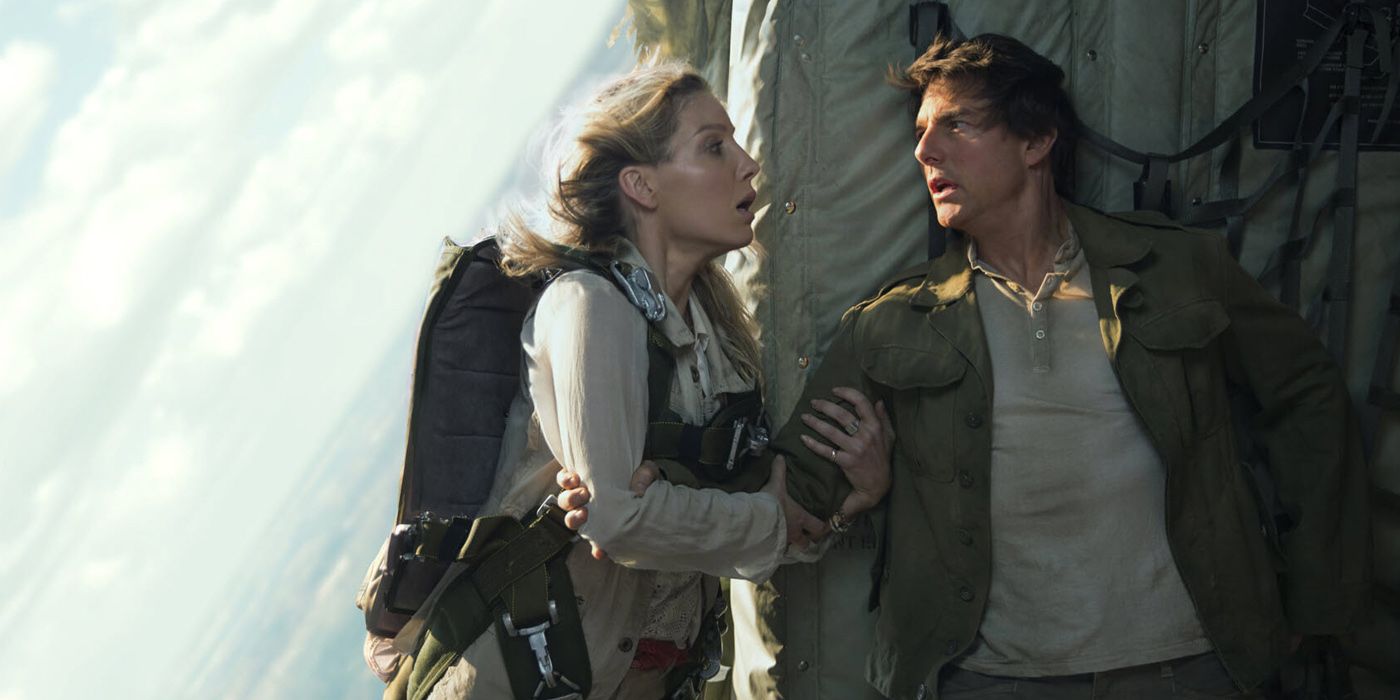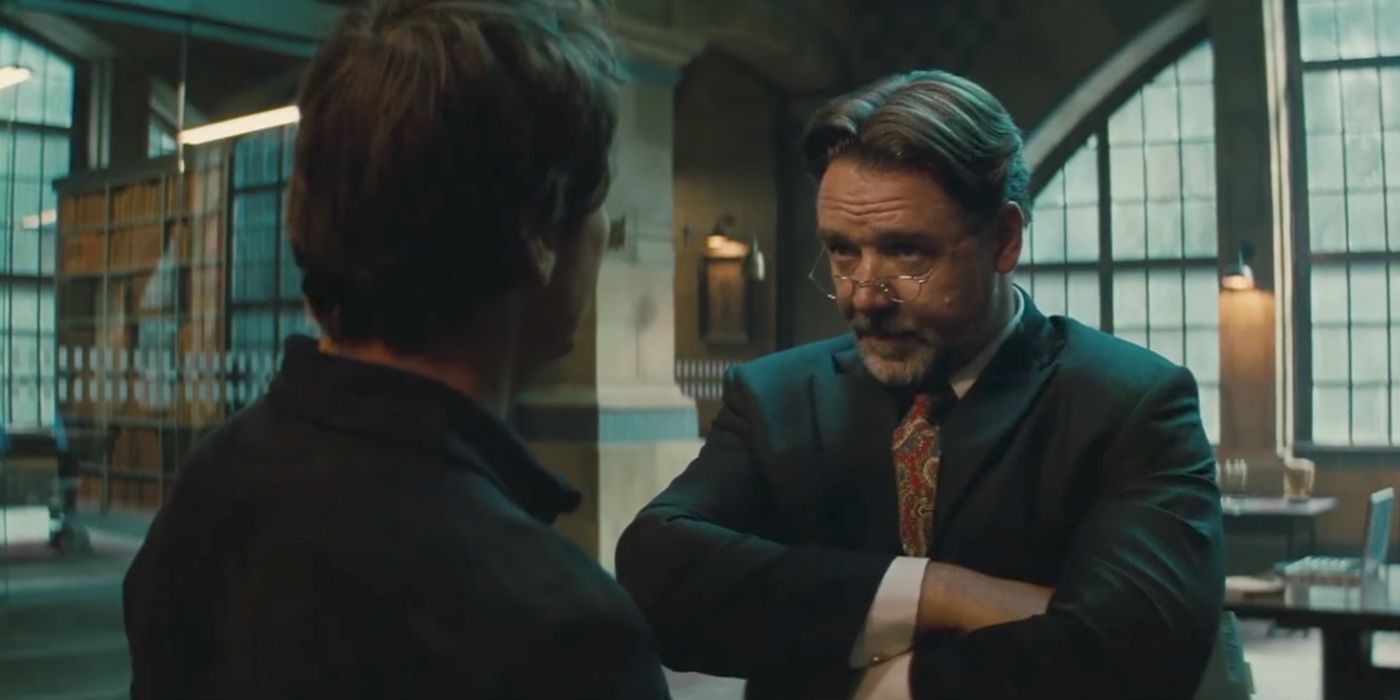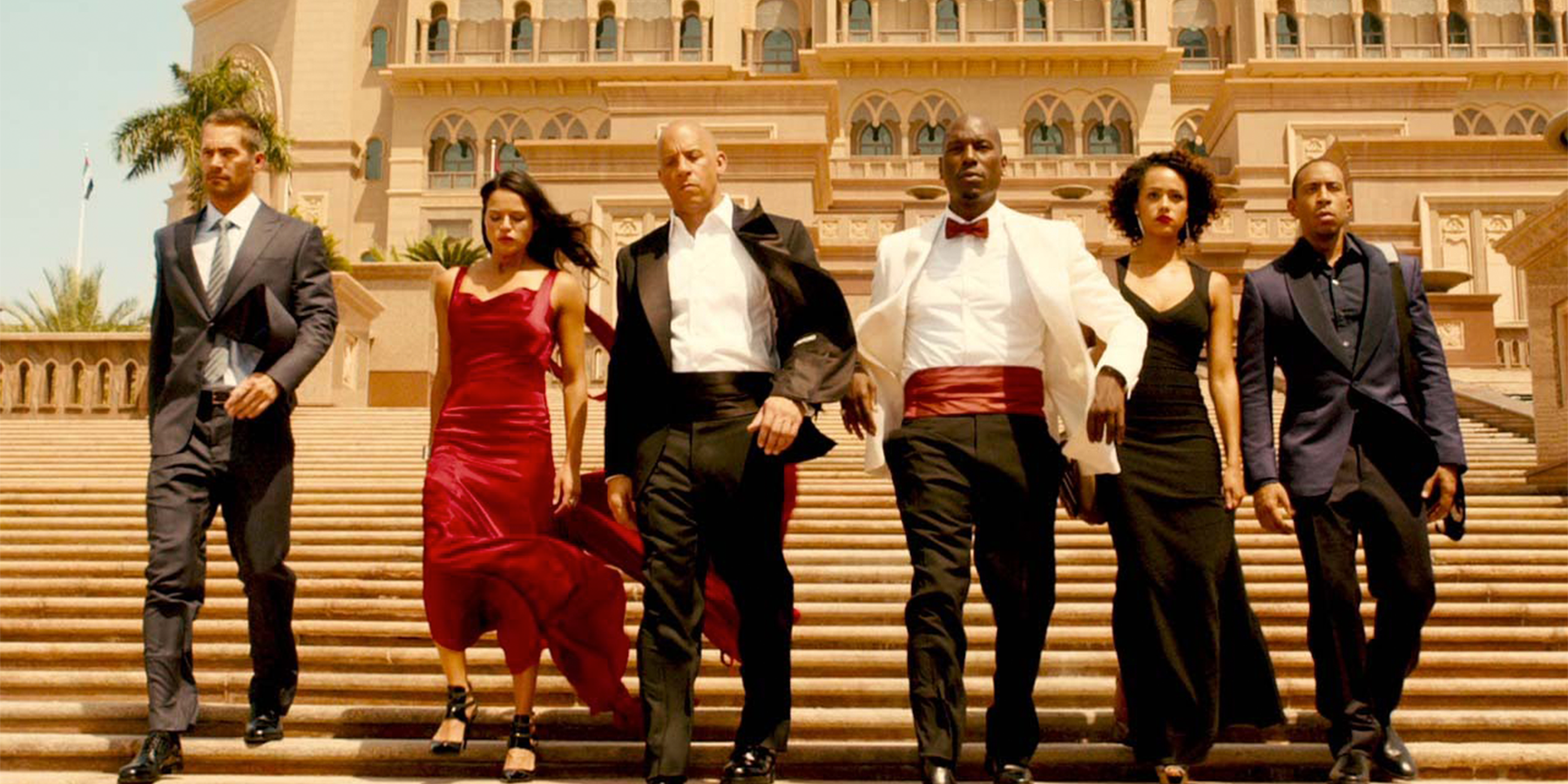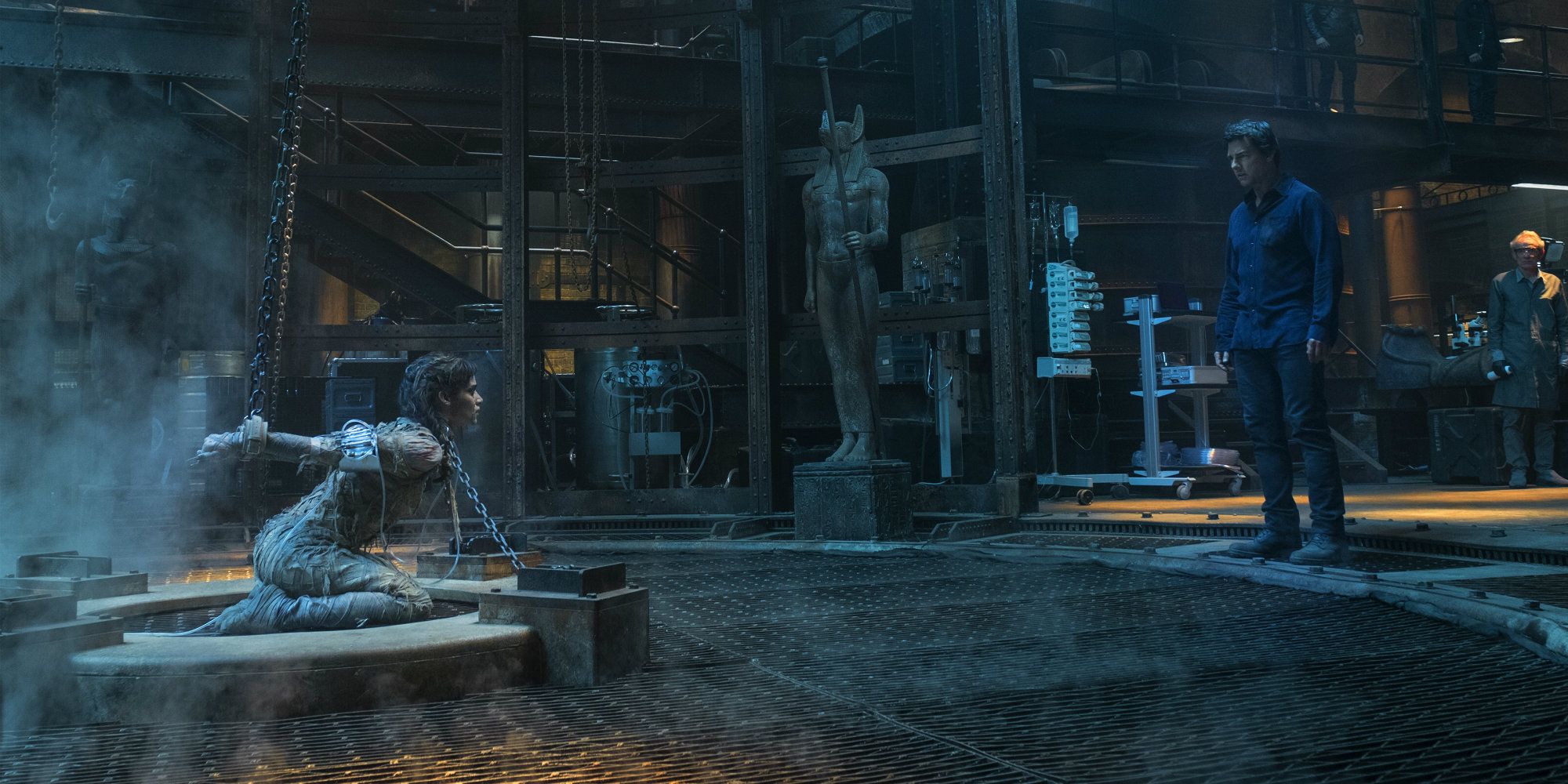Is Universal's Dark Universe dead on arrival? There is certainly no lack of doomsaying about the prospects of Universal Pictures continuing their plan of building a shared movie universe with their array of classic movie monsters in the mold of Marvel Studios. The Mummy, starring Tom Cruise and Sofia Boutella as the titular monster, is the opening chapter of Universal's Dark Universe, and after its opening weekend performance, the consensus is that the future of the Dark Universe looks bleak. When the final numbers for the weekend of June 9-11, 2017 were tallied, The Mummy grossed $31-million - hardly a blockbuster or a solid foundation to build a new movie universe around.
A narrative quickly formed that The Mummy was a failure, and thus the Dark Universe as a whole was finished before it started. There's ample rationale to support this conclusion: Tom Cruise's star at the domestic box office is on the wane; The Mummy was buried by the legitimate cultural phenomenon of Wonder Woman; and most damning, The Mummy was simply not a very good movie.
There's also the reasonable judgment that Universal Pictures, which unveiled the Dark Universe concept just a couple of weeks before The Mummy opened with a logo, a trailer for the concept, and a photo of the movie stars they assembled, announced their grand ambitions without actually having a movie the public had already embraced to build off of. Even the Dark Universe logo that kicks off The Mummy seems like an act of hubris: Universal was putting the sarcophagus before the horse with Dark Universe.
IS DARK UNIVERSE DEAD ALREADY?
So The Mummy and Dark Universe are finished, end of story? Not so fast. Beyond the borders of North America, there's a different story to be told. The Mummy opened overseas to $140-million, giving it a total worldwide gross opening weekend of $172-million. It opened at number 1 in 52 markets, including China. This earns back the film's $125-million budget, before marketing costs. It also ranks as Tom Cruise's biggest global box office opening ever; Cruise's appeal remains strong in international markets, thanks in part to the popularity of his Mission: Impossible franchise. While Wonder Woman continues to be celebrated as the number one movie in North America, it doesn't hold that distinction elsewhere. The Mummy is the biggest movie in the world at the moment.
It's no secret that the international box office has only grown in importance in recent decades. Hollywood tentpoles that underperform in the US can recoup their costs and then some in other countries that are far more receptive to big-budget movies. A recent example is Pirates of the Caribbean: Dead Men Tell No Tales, which led the lowest-grossing Memorial Weekend in years and is perceived as another example of the waning star of Johnny Depp (who is also scheduled to headline the future Dark Universe entry The Invisible Man). While Pirates 5 has only grossed $135-million in the US since Memorial Weekend, its worldwide take to date is $600-million. Pirates 5 has easily earned back its $230-million budget, and while Dead Men Tell No Tales ranks as the lowest grossing Pirates film, there's still an appetite for Captain Jack Sparrow's antics overseas and Disney likely will proceed to set sail with a sixth Pirates.
Next Page: [valnet-url-page page=2 paginated=0 text='THE%20WORLD%20OF%20FRANCHISE%20MOVIE-MAKING']
THE WORLD OF FRANCHISE MOVIE-MAKING
In order to appeal more to the international markets, more and more major blockbusters are not being set in the United States. The Fast and the Furious franchise, popular everywhere including the US, sets its car-racing exploits by its multi-ethnic cast all over the world. Pirates of the Caribbean rarely sails to the shores of the mainland United States. Transformers, another franchise that's hugely popular overseas, regularly pits its robots at war all over the planet, with the climax of the prior film taking place in China. Even Wonder Woman takes place in the mythical island of Themyscira and in World War I-era London and Belgium; its modern-day framing sequences are set in Paris. Meanwhile, The Mummy took place in Ancient Egypt and modern day Iraq and England.
If they honor the literary source material of the classic films they are rebooting, the future Dark Universe films would also follow suit and eschew American settings. The planned Dark Universe succeeding chapters: Bride of Frankenstein, The Invisible Man, The Wolfman, The Phantom of the Opera, and The Hunchback of Notre Dame are set all over Europe, while The Creature From The Black Lagoon would be set in the Amazon rainforest. If Van Helsing and/or Dracula join the Dark Universe, their adventures would likely take place in Romania and the UK. These are international adventures that likely will be designed to appeal to international audiences, as The Mummy was and successfully did, even as American critics and audiences thumbed their noses at The Mummy.
This is not at all meant to imply American audiences don't like films set in other countries; more to the point that audiences all over the world appreciate and enjoy seeing their countries as settings for Hollywood-style action adventures. After all, the James Bond films have been worldwide sensations for over 50 years with 007 only occasionally venturing to the United States.
Given both the settings of the stories the Dark Universe films intend to tell and the reception The Mummy received, Universal may be smarter to concentrate their efforts on having the Dark Universe appeal most to audiences overseas. Calling it quits on Dark Universe entirely isn't really an option for them - not only would it be an embarrassing admission of failure (especially since The Mummy is already the second attempt to launch a shared universe after it was decided Dracula Untold simply never happened), but they've got filmmakers and major stars committed to building this shared universe. And again, The Mummy is doing well around the world, just not in the US.
DOES THE DARK UNIVERSE NEED AMERICA?
North American box office success remains the Holy Grail for all movie franchises, in terms of profitability and bragging rights. Studio tentpole blockbusters are designed to gross the $1-billion benchmark. Even with the strong international support, franchises like The Mummy and Pirates of the Caribbean are unlikely to make it to a billion without the American box office. Universal wants Dark Universe to compete with Marvel Studios, and that means their films must be both highly-profitable worldwide and beloved by audiences worldwide - starting with American audiences.
The answer to the woes of Dark Universe is actually as simple as ever: make good movies. The Mummy failed in the United States because critics trashed the film (it stands at 17% on Rotten Tomatoes), which led audiences already unconvinced to see it to stay far away. Word of mouth from the relative few who did see The Mummy generally supported the consensus that The Mummy was bad news. It seems like the no-brainer solution by an armchair film executive, but American audiences would have loved The Mummy if it were a good movie.
Almost like magic, one good movie can literally turn a whole failing franchise around. There are certainly numerous fans of Universal's monsters who like the Dark Universe concept - including a potential Avengers-style monster team up - and would like to see these films succeed. If Bride of Frankenstein turns out to be fantastic and is embraced by audiences, Dark Universe's future can suddenly be bright as day. It can happen: Just ask Wonder Woman and the DC Extended Universe.




